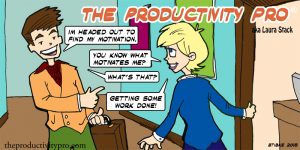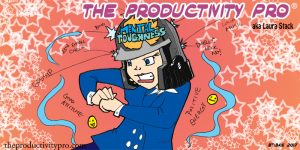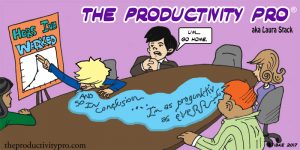
“If you don't have self-awareness, if you are not able to manage your distressing emotions, if you can't have empathy and have effective relationships, then no matter how smart you are, you are not going to get very far.” – Daniel Goleman, American science writer and author of the book Emotional Intelligence. In recent years, the concept of emotional intelligence has gained traction in the business world. Most of us know brilliant people who seem hopeless when it comes to dealing with people; either they try to dominate everyone, or they fade into the shadows and let others handle the purely human aspects of work. Most of us express one of these tendencies to some extent, but the standouts take them to extremes. Those who interact well with others have a high "EQ," or "emotional … [Read more...]











